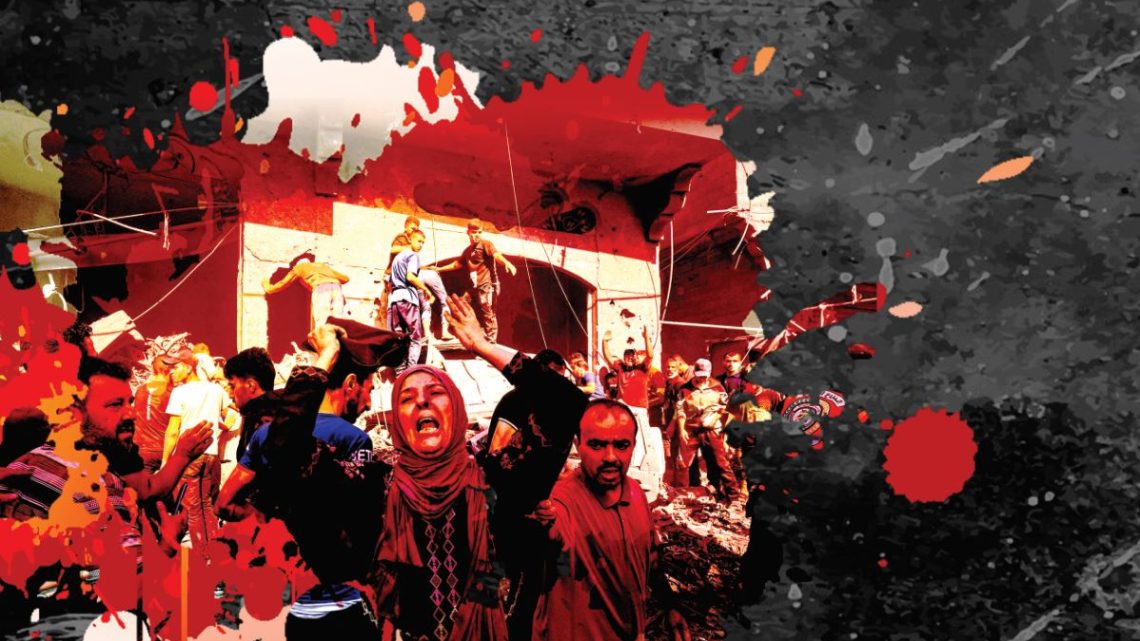
Mental Health Crisis Amid Indian Occupation in IIOJK
September 11, 2024On World Suicide Prevention Day, a disturbing trend has emerged from Indian illegally occupied Jammu and Kashmir (IIOJK). Both local civilians and Indian troops stationed in the region are experiencing a significant rise in suicides. This alarming development highlights the severe psychological impact of the prolonged occupation on all parties involved in the region.
The ongoing conflict in IIOJK has inflicted profound psychological damage, leading to a surge in mental health challenges. This includes heightened emotional distress and a troubling increase in suicidal tendencies among the population.
To tackle this crisis, Civil Society Sopore and Medical College Bemina organized awareness events in Sopore and Bemina. These events were focused on suicide prevention and mental health support, aiming to shed light on the escalating issue in the region.
Aashiq Hussain Zaki, Chairman of Civil Society Sopore, highlighted the urgency of early detection for those exhibiting suicidal thoughts. He stressed the importance of vigilance and the role of community support in preventing suicides. Zaki’s message emphasized that each person’s awareness and assistance could be crucial in saving lives.
At the Medical College Bemina, discussions centered on the theme “Changing the Narrative, Start the Conversation.” Experts addressed the stigma and discrimination often associated with mental health issues, which can deter individuals from seeking the help they need. This conversation was crucial in breaking down barriers to mental health support.
The events also highlighted the mental health struggles of Indian troops deployed in IIOJK. Reports indicate an increase in suicides among these forces, driven by the stress and trauma associated with their prolonged deployment. The psychological strain on these personnel is a growing concern, reflecting the broader impact of the occupation on mental well-being.
To conclude, the events underscored the necessity for a strategic response to this mental health crisis. The call to action urged stakeholders to adhere to the National Suicide Prevention Strategy and to enhance mental health support across IIOJK. Addressing these challenges requires a collective effort to provide support and create an environment where mental health issues can be openly discussed and treated.

